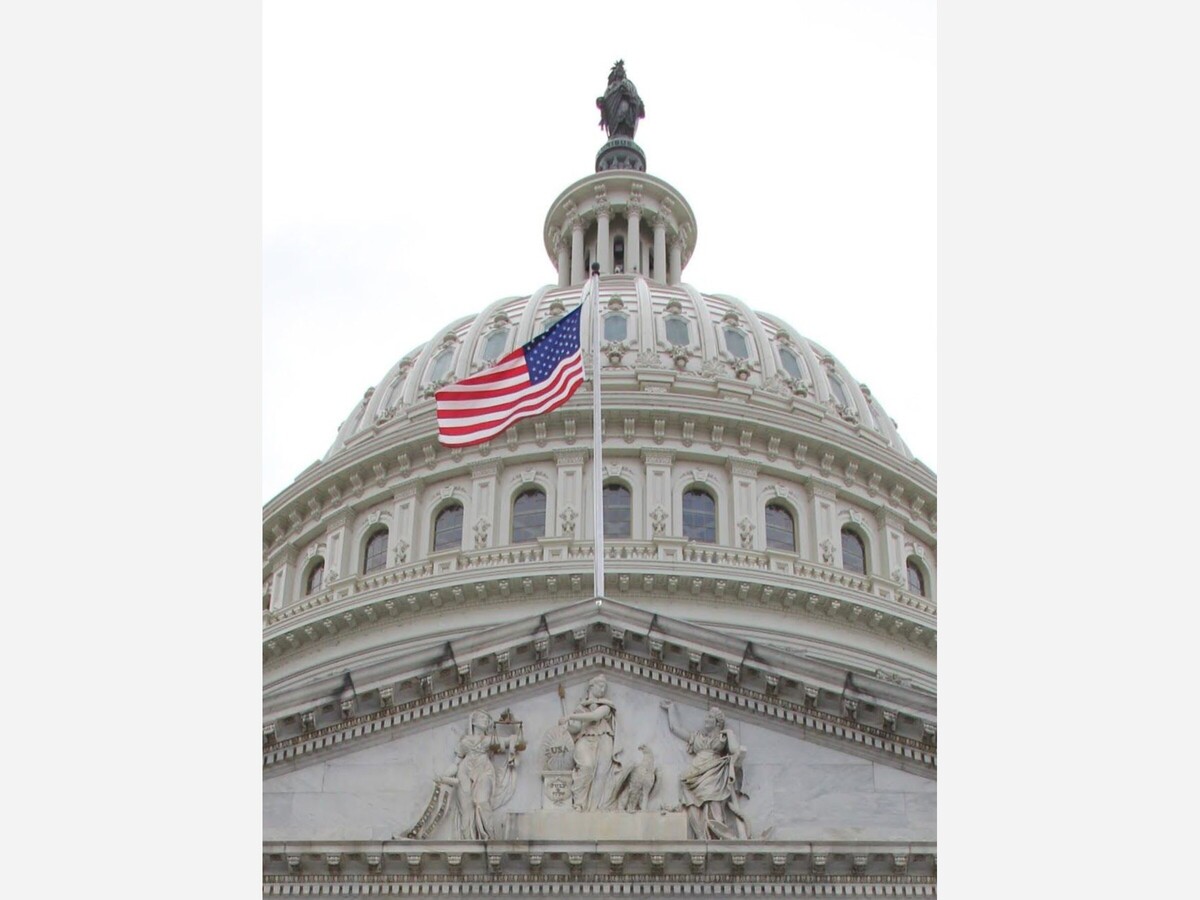Image


CA SB331 is currently titled An act to amend Section 3190 of the Family Code and amend Section 68555 of the Government Code, relating to child custody.
"Piqui's Resolution"was passed in 2018 CA HR113 and included this verbiage.
According to the U.S. Senate website there are four types of legislation:
Chapter 1: Bills - When bills are passed in identical form by both Chambers of Congress and signed by the president (or repassed by Congress over a presidential veto), they become laws.
Chapter 2: Joint Resolutions - There is no real difference between a joint resolution and a bill. The joint resolution is generally used for continuing or emergency appropriations. Joint resolutions are also used for proposing amendments to the Constitution;
Chapter 3: Concurrent Resolutions - Concurrent resolutions, which are designated H.Con.Res. or S.Con.Res., and followed by a number, must be passed in the same form by both houses, but they do not require the signature of the president and do not have the force of law. Concurrent resolutions are generally used to make or amend rules that apply to both houses. They are also used to express the sentiments of both of the houses.
Chapter 4: Simple Resolutions -
Example of a Federal resolution from 2018 addressing Child Safety
HR 72 Now, therefore, be it Resolved by the House of Representatives (the Senate concurring), That it is the sense of Congress that—
(1) child safety is the first priority of custody and parenting adjudications, and courts should resolve safety risks and claims of family violence first, as a fundamental consideration, before assessing other best interest factors;
(2) all evidence admitted in custody and parenting adjudications should be subject to evidentiary admissibility standards;
(3) evidence from court-affiliated or appointed fee-paid professionals regarding adult or child abuse allegations in custody cases should be admitted only when the professional possesses documented expertise and experience in the relevant types of abuse, trauma, and the behaviors of victims and perpetrators;
(4) States should define required standards of expertise and experience for appointed fee-paid professionals who provide evidence to the court on abuse, trauma and behaviors of victims and perpetrators, should specify requirements for the contents of such professional reports, and should require courts to find that any appointed professionals meet those standards;
(5) States should consider models under which court-appointed professionals are paid directly by the courts, with potential reimbursement by the parties after due consideration of the parties’ financial circumstances; and
(6) Congress should schedule hearings on family courts’ practices with regard to the objective, fair, and unbiased adjudication of children’s safety and civil rights.
Passed the House of Representatives September 25, 2018.
Piqui's Law - Remains in Committee as of June 1st | San Fernando Valley News Portal (town.news)